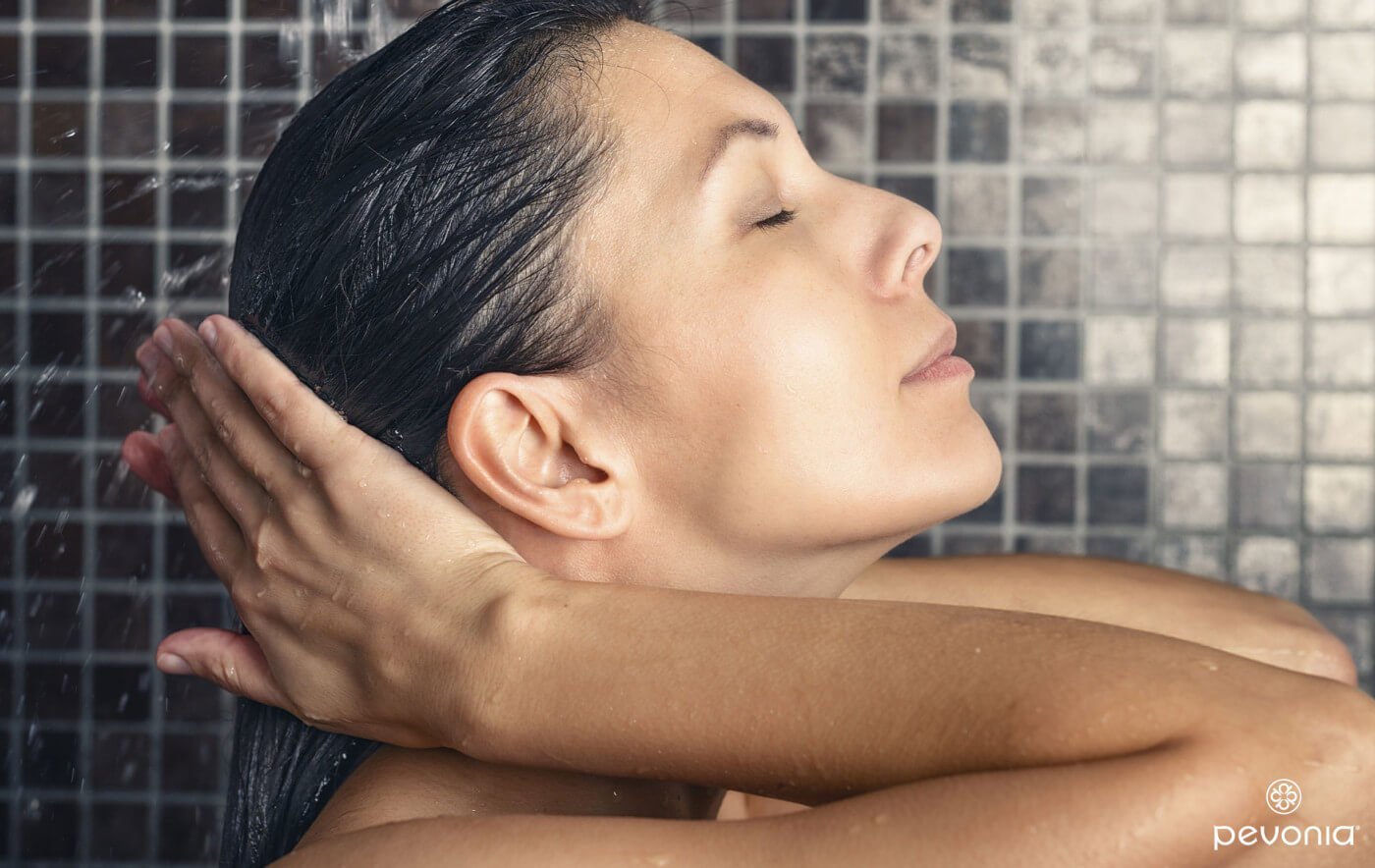
Hair Thinning Tied to Holiday Stress & Poor Sleep
Understanding how insufficient sleep and mounting stress levels affect your strands may be the inspiration you need to get a solid stress-busting holiday plan to prevent tearing your hair out or watching it fall! Ample rest supports immunity, brain function, energy levels, and the health of our hair and skin. But a deficit lays the groundwork for hair thinning. Here’s the connection between sleep and hair thinning:
First, let's talk about the importance of getting enough sleep for hair loss prevention. Sleep deprivation and poor sleep quality are two leading hair thinning causes. Our bodies undergo restoration while we slumber. Consistent, healthy sleep cycles help ensure better protein synthesis and production of growth hormones and enzymes essential for scalp and hair health. However, sleep deprivation dampens melatonin production, which regulates the body’s circadian rhythm, affecting the natural sleep-wake cycle. Studies have revealed increased hair growth with topical melatonin application, which may indicate that a melatonin decrease or deficiency resulting from poor sleep could trigger hair loss. This is likely due to the fact that we have melanin receptors in our hair follicles, so any disruption in melatonin levels negatively affects hair follicles and growth cycles, leading to hair thinning.
Sleep also adversely affects human growth hormone production, among other hormones, another potential culprit of hair loss. Developing a solid sleep hygiene routine with habits that ensure ample sleep quality and duration is vital for preventing hair fall. And the vicious cycle continues, with stress often causing poor sleep and worrying about not getting enough sleep inducing even more stress. When the body undergoes significant metabolic stress, it may trigger excessive hair shedding and/or sudden hair loss, called telogen effluvium. One of the most common types of alopecia, it may be brought on by medications, hormonal changes, illness, surgery, infections, aggressive dieting, thyroid issues, and iron deficiency. Getting a handle on both, with a stress-busting lifestyle overhaul and pre-bedtime techniques, can help preserve your stresses. Here’s how:
Establish a Routine:Do your best to wake up and go to bed at the same time daily, give or take no more than an hour on weekends.
Do a Nightly Digital Detox: Power down all electronics one hour before bedtime – earlier if you have insomnia, and keep your bedroom free of televisions, phones, tablets, and light.
Relax:Take a natural bubble bath and envision the water rinsing away your worries and enveloping you in its repairing, invigorating power.
Clear the Decks:Try journaling and meditation to clear your mind of stressors, pressures, expectations, and holiday to-do lists.
Listen:Play soothing music or a sound bath to lull you to la-la land.
Strike a Pose:Stretch it out with stress-reducing yoga poses and stretches to release tension before bed.
Stop the Pillow Fight: Get a pillow and silk or bamboo pillowcase that keeps your head cool and prevents friction, minimizing breakage and tangles for silkier strands. High-quality natural linens also create an inviting self-care space to welcome restful slumber. If you are a rough sleeper, loosely braid or wrap your hair to keep it tamed.
Massage: Gently massage in a scalp serum for hair growth, and work an anti stress massage oil or soothing face oil with essential oils to relieve stress and anxiety into your temples, neck, or anywhere else you hold tension.
Limit Holiday Treats: Avoid eating sugary holiday treats too close to bedtime as they heighten the stress response and fuel racing thoughts.
